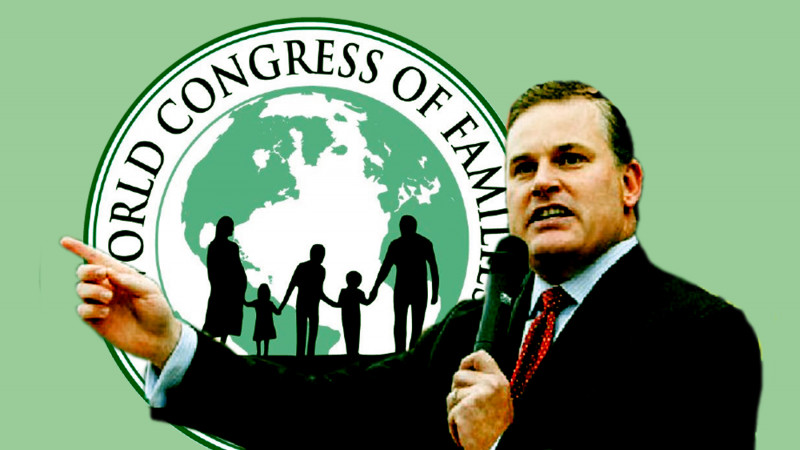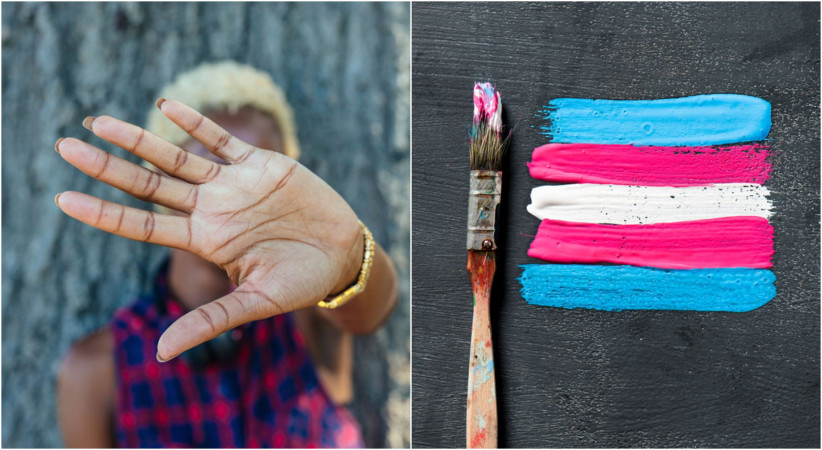Love? Risk, and Connection: Queer Dating Apps in Azerbaijan Part 2
Hornet and Telegram
When it comes to queer dating in Azerbaijan, two platforms dominate the scene: Hornet and Telegram. While international apps like Grindr or Tinder are available and better known globally, in Azerbaijan it is Hornet and, surprisingly, Telegram that host the majority of queer encounters. The reasons are simple but important—both platforms allow for greater anonymity and are easy to access, which is crucial in a context where visibility often comes with serious risks.
Hornet: Old Habits and Hidden Dangers
Hornet is especially popular in post-Soviet countries, and in Azerbaijan it has long been the most widespread dating app for gay and queer men. Many users continue to rely on it out of habit or because newer platforms are seen with suspicion.
One key feature makes Hornet attractive: if you don’t upload a public photo, you won’t appear in the main feed. This ensures anonymity for users, but it also makes it impossible to know how many people are actually on the app—most are essentially invisible. At the same time, Hornet makes it easy to post a picture, announce a quick hookup, or broadcast what you’re looking for. Its live-streaming function adds another interactive layer.
Yet anonymity comes at a price. Precisely because Hornet is considered a “down low” platform, it is also the one where queer people face the greatest danger. There have been countless reports of people being lured into meetings where their phones were confiscated, and they were threatened with violence or extortion. Some were robbed at knifepoint. More alarmingly, Hornet has historically been infiltrated by police, who set up fake profiles to entrap users. Dozens of cases have been reported where people were blackmailed after being tricked into meeting what they thought was another user.
Telegram: From Messaging App to Queer Hub
While Telegram started as a simple messaging service, in Azerbaijan it has evolved into something much bigger: a hybrid between a social media platform and an underground queer hub. Over the past 5–7 years, Telegram has become a place where explicit queer content circulates widely, partly because platforms like OnlyFans or X (formerly Twitter) are either restricted or unpopular in the country.
Telegram allows people to create massive groups and personal channels, some of which are dedicated entirely to queer communities. These groups usually have basic entry rules—no child abuse material, no open racism or discrimination—but in practice, the situation inside is messy and often harmful.
Most groups function as spaces for people to share intimate photos and search for partners. Posts are immediately visible to thousands of members, with groups often ranging from 3,000 to 10,000 users. While this scale creates opportunities to connect, it also fosters toxicity. Hatred towards certain groups within the community is widespread, and moderators rarely intervene. Fat-shaming, unsolicited critiques of appearance, and femphobia are common. There is also a troubling fetishization of “very young” and hairless men, which normalizes unhealthy and dangerous dynamics.
A Shared Culture of Harm
What happens on Telegram is not isolated. Many of the same issues—appearance-based shaming, femphobia, and toxic expectations—are also deeply present on Hornet. Both platforms reflect a broader pattern in Azerbaijan’s queer dating culture: spaces that are supposed to offer connection and safety often replicate exclusion, hostility, and even danger.
Why It Matters
The heavy reliance on Hornet and Telegram has shaped queer dating in Azerbaijan into something both vital and precarious. These platforms provide anonymity and access, but they also normalize harmful practices—from body-shaming to predatory behavior, from police entrapment to peer-led harassment.
This matters because dating culture doesn’t exist in a vacuum: it reflects and reinforces how queer people treat each other and how they navigate a society that is already hostile to them. When the main spaces for connection become sites of risk, exclusion, and fear, it doesn’t just harm people—it shapes the collective experience of what it means to be queer in Azerbaijan.
Powered by Froala Editor



